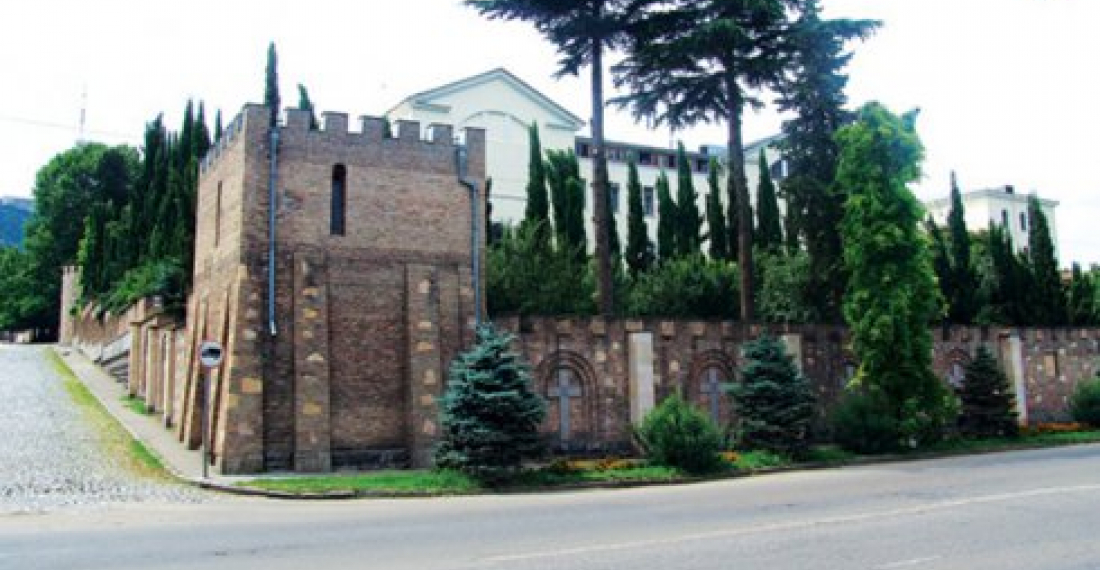The Patriarchate of the Georgian Orthodox Church on Wednesday evening (28 September) issued a statement in which it reaffirmed its welcome to Pope Francis who will start a visit to Georgia on Friday at the invitation of the Georgian president Giorgi Marghvelashvili, and the Catholicos Patriarch of Georgia Ilya II.
In its statement the Georgian Church chastised some elements of the Church that had earlier protested against the Pope's visit, declaring such protests as totally unacceptable. The statement said:
"The Patriarchate welcomes with respect the guest and hopes that his visit will contribute to deepening of multilateral relations and the strengthening of peace in the region."
There will be full coverage on commonspace.eu of the visit of Pope Francis to Georgia and Azerbaijan this weekend in a live blog which starts today at 16.00 Tbilisi local time (12.00 GMT)
source: commonspace.eu with the press service of the Patriarchate of the Georgian Orthodox Church
photo: The Patriarchate of the Georgian Orthodox Church in Tbilisi






